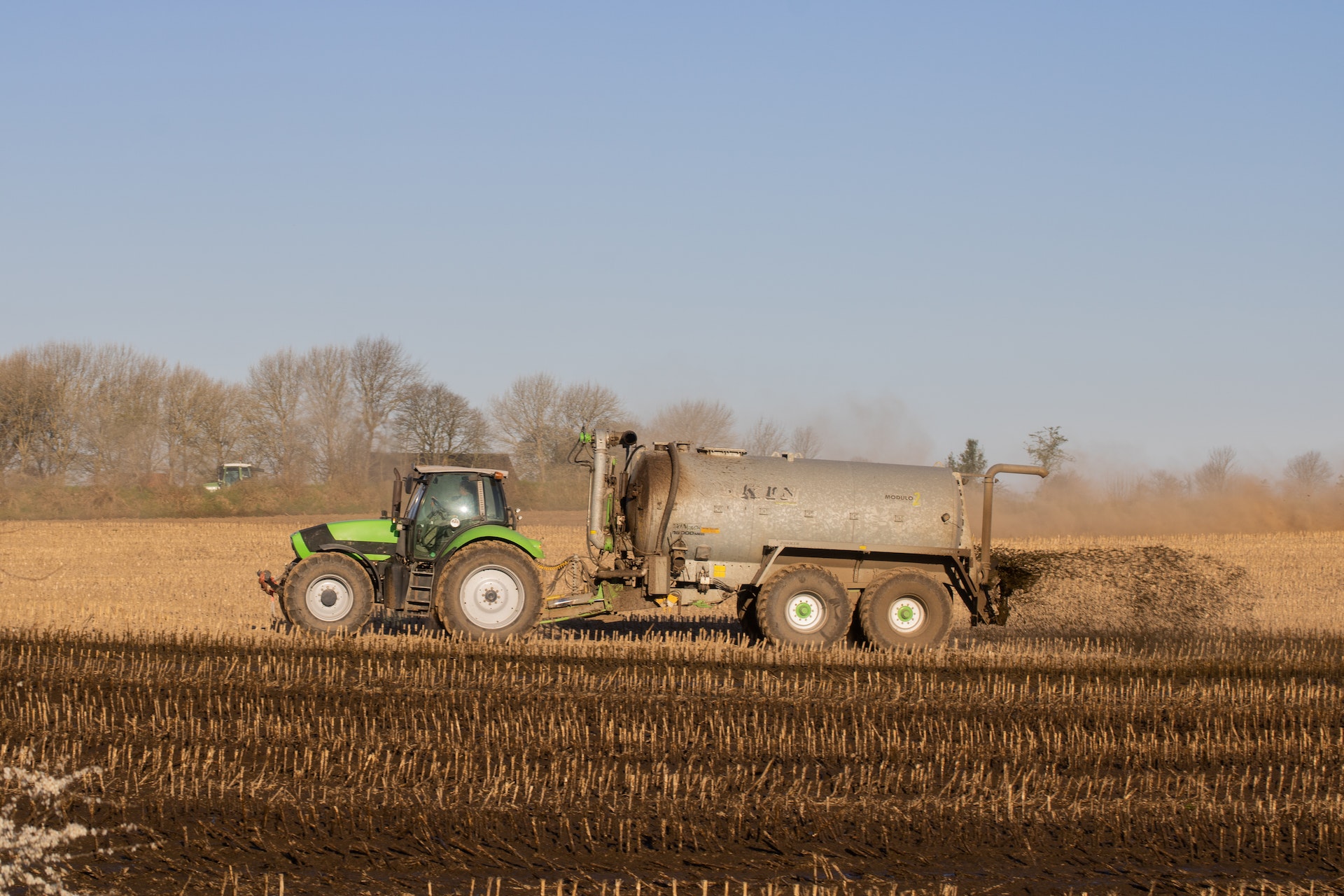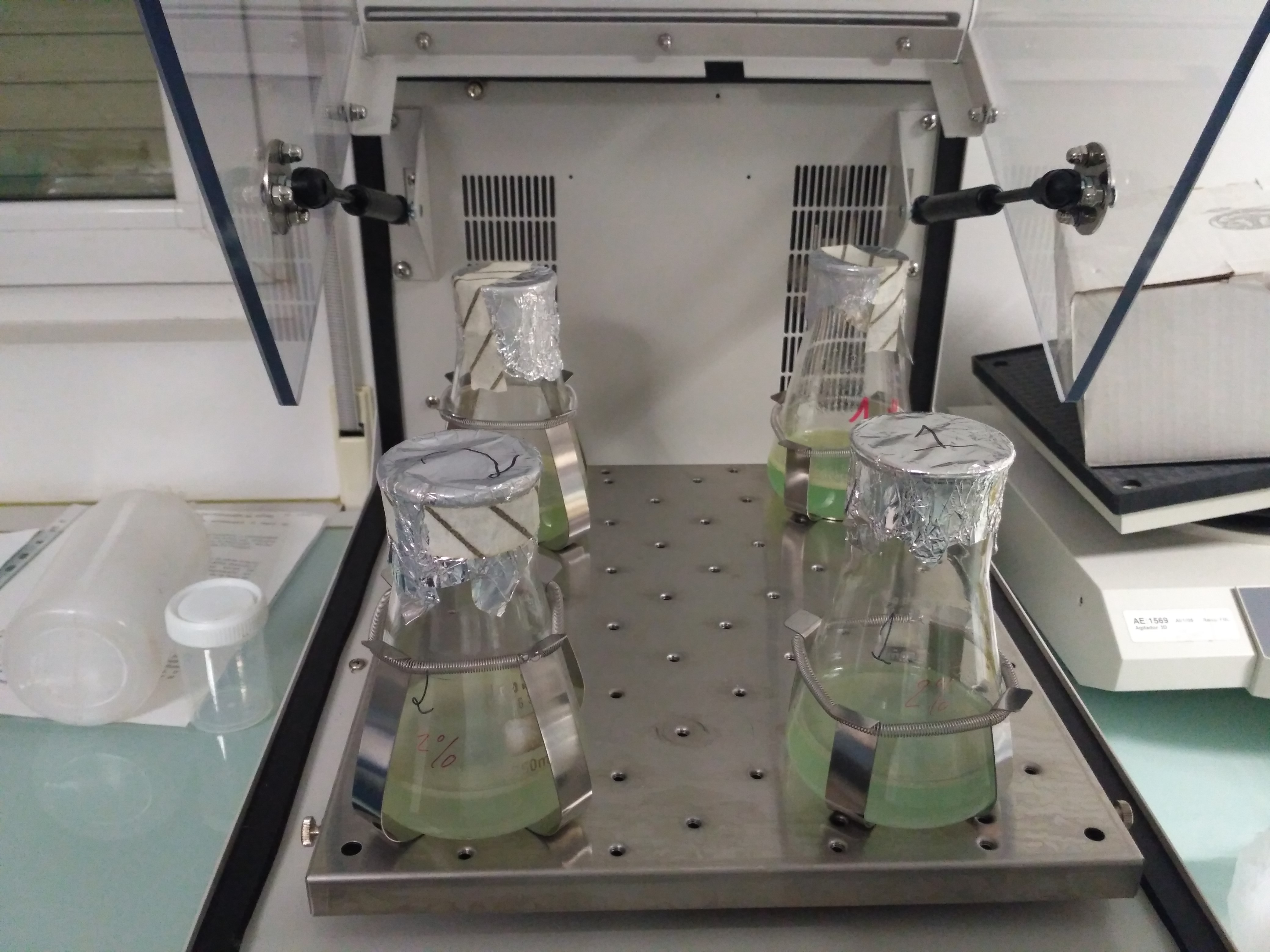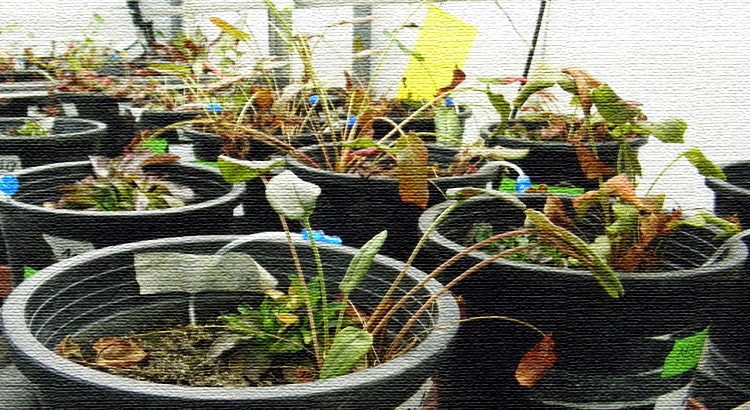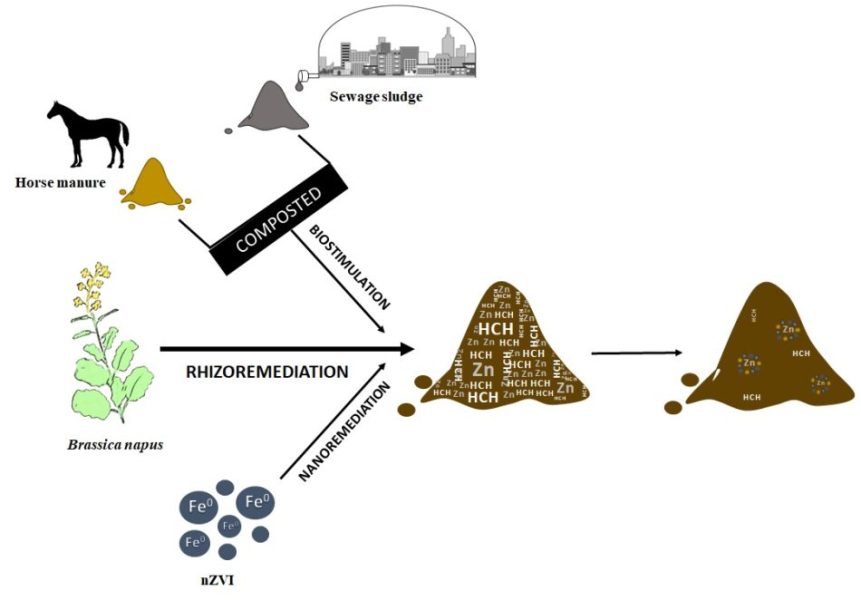Authors: Leire Jauregi, Aitor González , Carlos Garbisu, Lur Epelde
Journal: Scientific Reports
https://www.nature.com/articles/s41598-023-27840-9
Agricultural fertilization with organic amendments of animal origin often leads to antibiotic resistance dissemination. In this study, we evaluated the effect of different treatments (anaerobic digestion, biochar application, ozonation, zerovalent iron nanoparticle application, and spent mushroom substrate addition) on the resistome in dairy cow manure-derived amendments (slurry, manure, and compost). Anaerobic digestion and biochar application resulted in the highest reduction in antibiotic resistance gene (ARG) and mobile genetic element (MGE) gene abundance. These two treatments were applied to cow manure compost, which was then used to fertilize the soil for lettuce growth. After crop harvest, ARG and MGE gene absolute and relative abundances in the soil and lettuce samples were determined by droplet digital PCR and high-throughput qPCR, respectively. Prokaryotic diversity in cow manure-amended soils was determined using 16S rRNA metabarcoding. Compared to untreated compost, anaerobic digestion led to a 38% and 83% reduction in sul2 and intl1 absolute abundances in the soil, respectively, while biochar led to a 60% reduction in intl1 absolute abundance. No differences in lettuce gene abundances were observed among treatments. We conclude that amendment treatments can minimize the risk of antibiotic resistance in agroecosystems.




